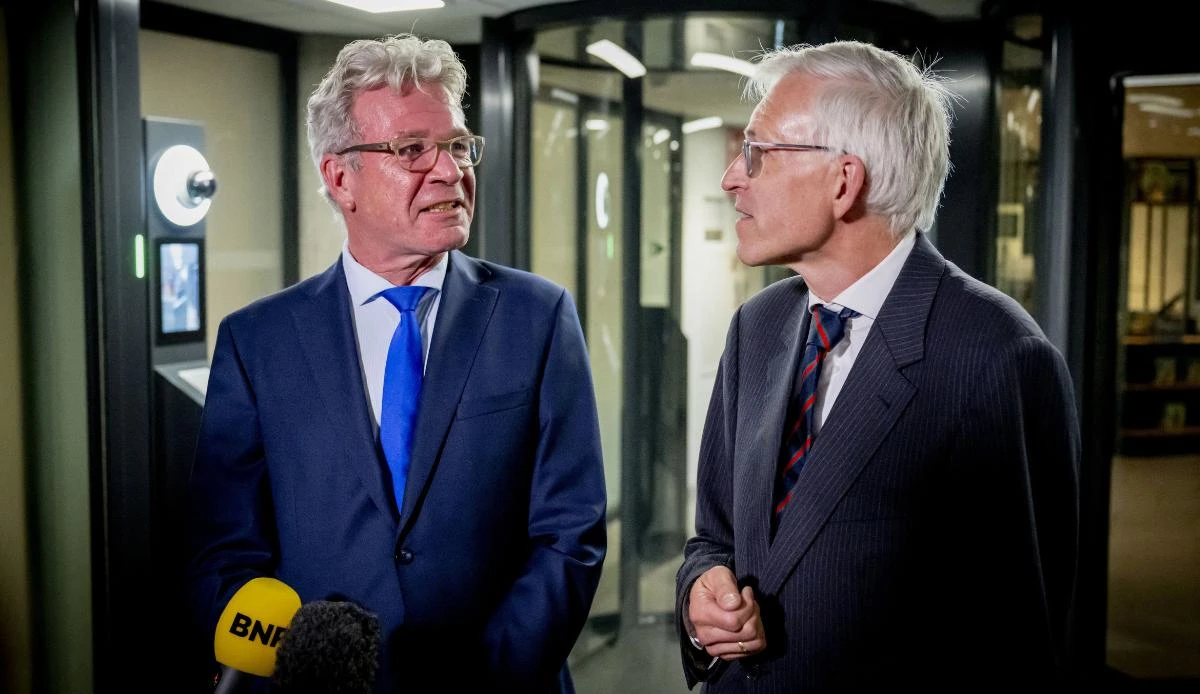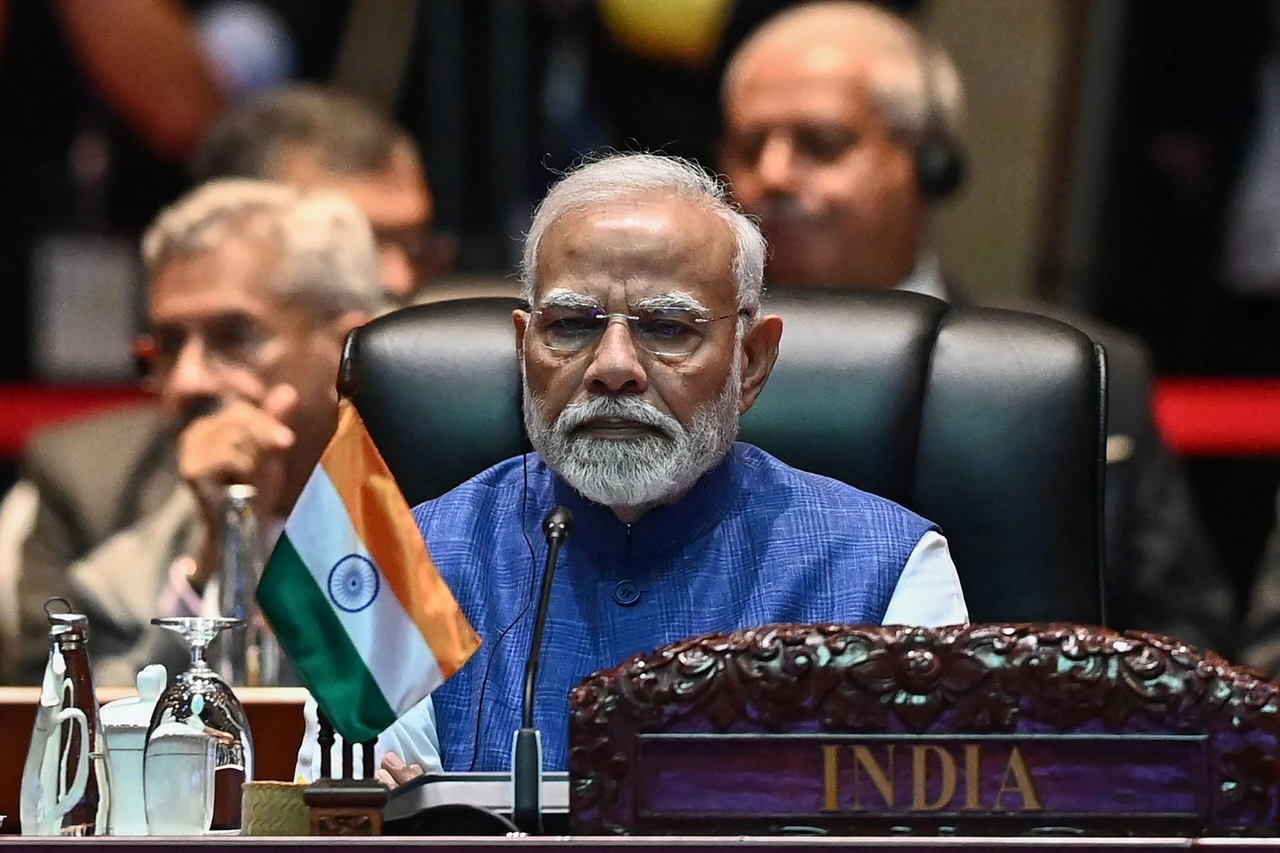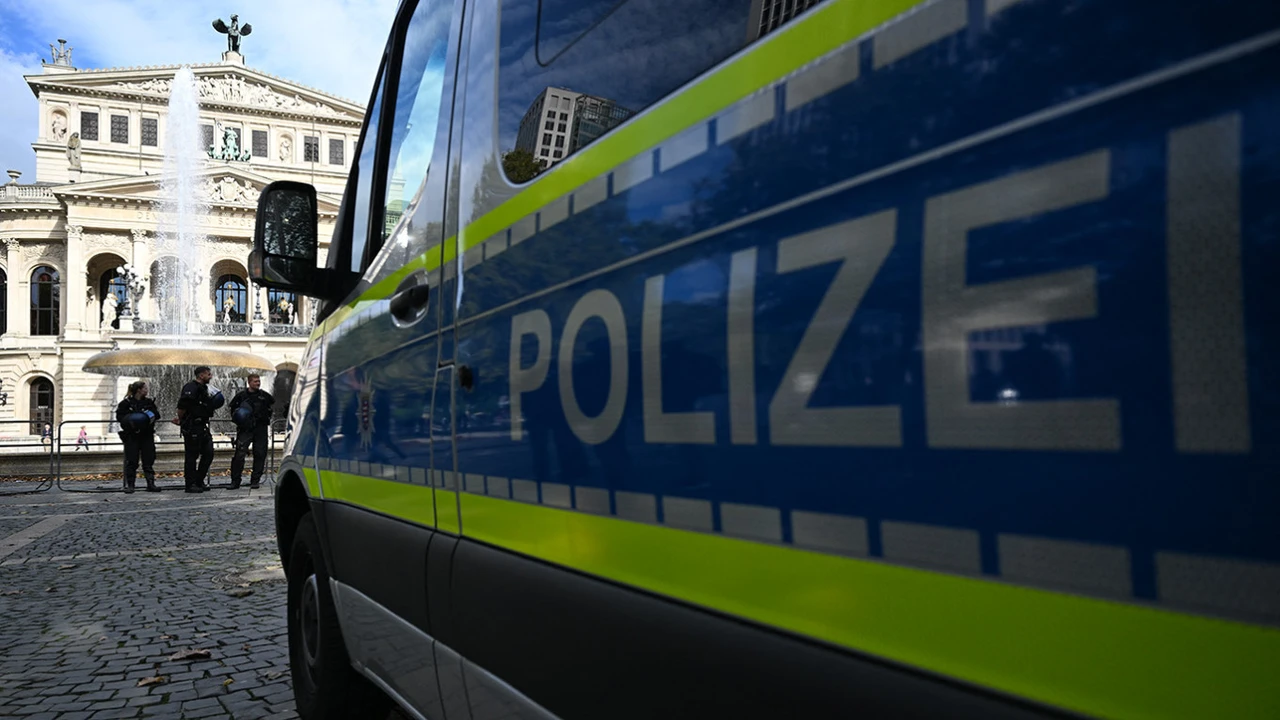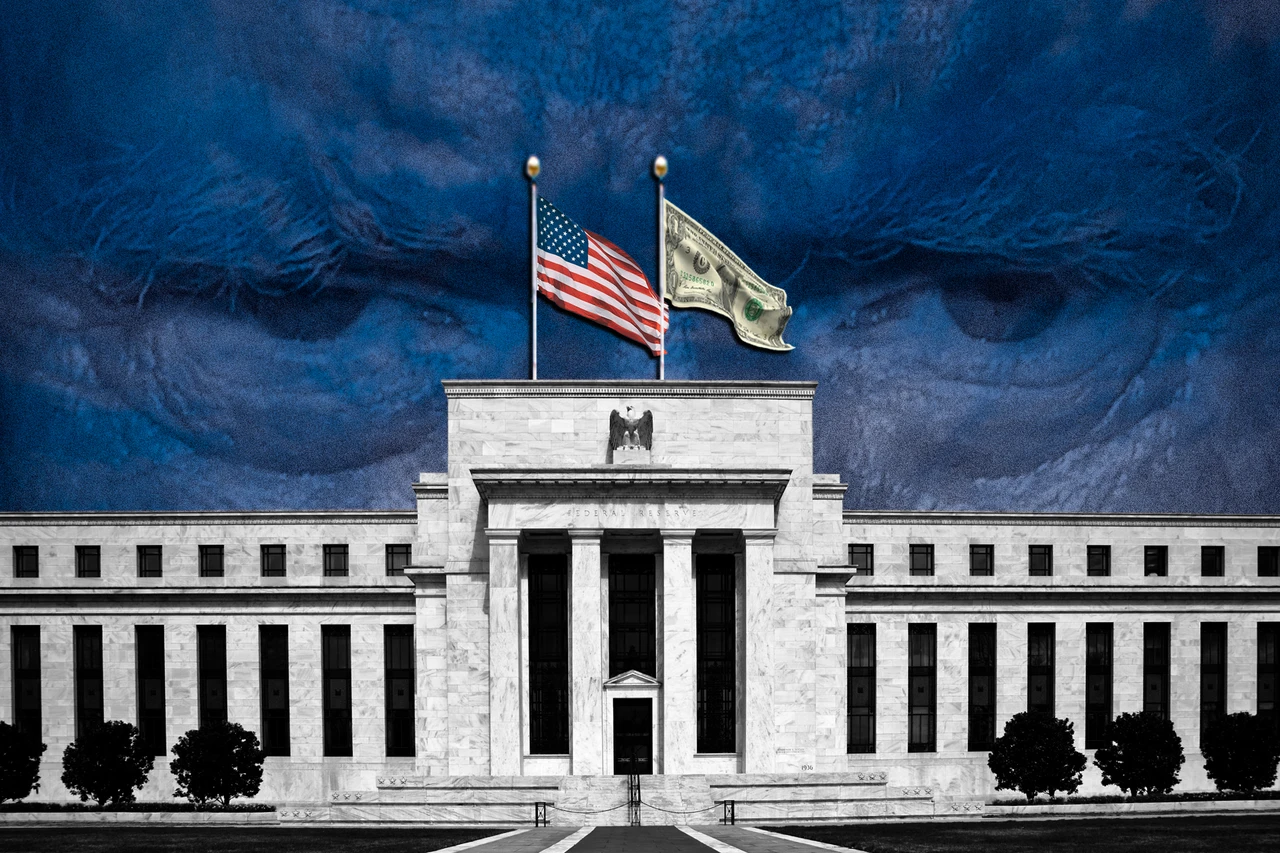Dutch politicians reach coalition agreement after months of negotiations

Geert Wilders, the far-right leader of the Netherlands, announces a coalition agreement among Dutch legislators following his election victory
Following Geert Wilders’ election victory, months of political squabbling have finally resulted in a coalition agreement among Dutch legislators, the far-right leader declared on Wednesday. But as he had originally intended, Wilders himself would not become prime minister.
Declaring, “We have a negotiators’ agreement,” Wilders made a significant move in the discussions, which had been tense because of his anti-Islamic and anti-European views. There is still uncertainty about the makeup of the government, especially regarding the prime minister’s role, as talks are scheduled for a later time.
Ronald Plasterk, a former minister of education and the interior, is a strong candidate to become prime minister in the right-wing coalition government. The goal is to replace Mark Rutte, who is most likely to become the next secretary general of NATO.
On Wednesday, the four participating parties’ MPs approved the agreement; however, the deal’s precise terms were not immediately made public. In a break from conventional political systems, the parties pledged in March to establish a government with equal participation from legislators and outside experts.
There might be a big change in Dutch politics if Wilders’ far-right PVV Freedom Party wins an election and goes into power. The party’s rise to power has been impeded by other parties’ unwillingness to work together because of ideological disagreements, notwithstanding its election successes.
Frequently referred to as “the Dutch Trump,” Wilders acknowledged the moment’s importance and conveyed his confidence in his ability to succeed in politics in the future by declaring, “I will become prime minister of the Netherlands one day.”
There has been internal strife and outside pressure during the coalition talks including Wilders’ PVV, the farmers’ party BBB, the liberal VVD, and the new anti-corruption party NSC. Pieter Omtzigt’s withdrawal from the negotiations in February brought attention to worries about the extreme views of Wilders, which added to the drawn-out negotiating process.
“Every phase took just a bit longer than we thought, but that’s normal,” Omtzigt said, elaborating on the protracted discussions and citing the historical pattern of extended government formation in the Netherlands.
Source: AFP



